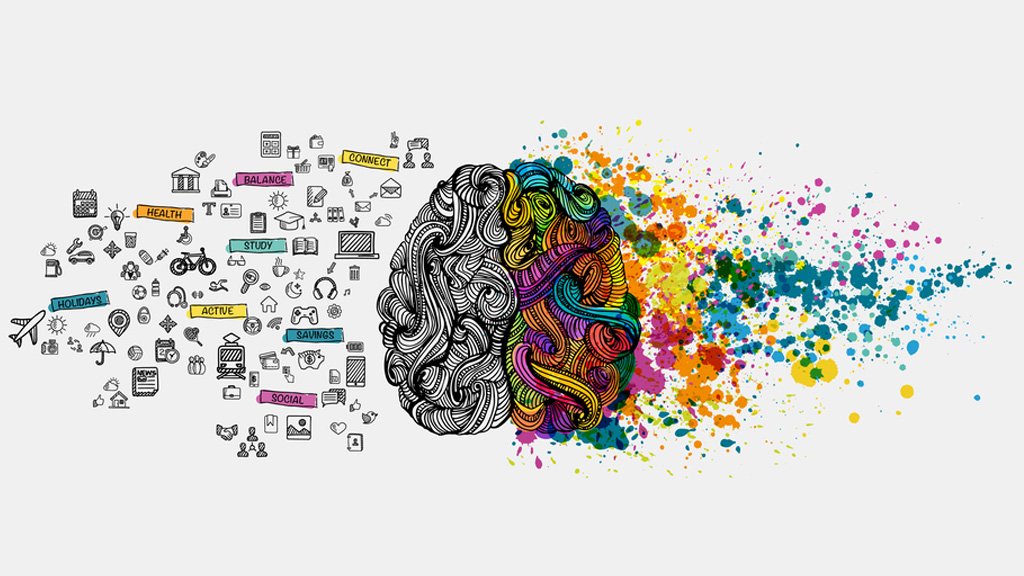- MOTIVATION
- 5 min read
Demystifying Mental Health
OJC
21st Nov 2023
Demystifying Mental Health: Understanding Mental Well-being
Posted by Mercie Migadde on November 19, 2023
Introduction
In today's fast-paced, demanding world, mental health has become a topic of increasing concern. The pressures of work, relationships, and societal expectations can take a toll on our emotional well-being, leading to stress, anxiety, and even depression. Yet, despite its prevalence, mental health remains shrouded in stigma and misconceptions, often preventing individuals from seeking the help they need. In this blog, we will discuss what mental health is, the importance of its awareness, the conditions, signs, and symptoms related to mental health, and most importantly, the actions to take to prevent mental breakdown.
What is Mental Health?
Mental health is a complex and multifaceted concept that encompasses our emotional, psychological, and social well-being. It affects how we think, feel, and behave, influencing our ability to cope with stress, relate to others, and make choices. Just as physical health is essential for our overall well-being, mental health plays a crucial role in our quality of life.
Why is Mental Health Awareness Important?
Mental health awareness is critical for several reasons:
Reducing Stigma: Stigma surrounding mental health often prevents individuals from seeking help, leading to isolation and worsening symptoms. By openly discussing mental health, we can break down barriers and encourage people to seek the support they need.
Promoting Early Intervention: Early intervention is crucial for effective treatment of mental health conditions. By recognizing signs early on, individuals can access appropriate support and prevent their symptoms from escalating.
Encouraging Help-Seeking Behavior: Mental health awareness campaigns can empower individuals to recognize the need for help and encourage them to seek professional guidance. This can lead to improved treatment outcomes and overall well-being.
Common Mental Health Conditions
Mental health conditions are diverse and can vary in severity. Some of the most common include:
Anxiety Disorders: These conditions involve excessive worry, fear, and nervousness that can interfere with daily life. Examples include generalized anxiety disorder, panic disorder, and social anxiety disorder.
Depression: Characterized by persistent sadness, loss of interest, and feelings of worthlessness, depression can significantly impair one's ability to function.
Eating Disorders: These conditions involve unhealthy eating habits and a distorted body image. Examples include anorexia nervosa, bulimia nervosa, and binge eating disorders.
Post-Traumatic Stress Disorder (PTSD): PTSD develops after experiencing or witnessing a traumatic event. Symptoms include flashbacks, nightmares, the avoidance of reminders of the trauma, and intense emotional reactions.
Signs and Symptoms of Mental Health Problems
While symptoms can vary depending on the specific condition, some common signs of mental health problems include:
- Persistent sadness or irritability
- Feelings of anxiety, worry, or fear
- Changes in sleep patterns or appetite
- Difficulty concentrating or making decisions
- Loss of interest in activities once enjoyed
- Social withdrawal or isolation
- Thoughts of self-harm or suicide
Promoting Mental Health Awareness: Strategies for Action
Promoting mental health awareness requires a multi-pronged approach that involves individuals, communities, and healthcare professionals. Here are some effective strategies:
Open and Honest Conversations: Encourage open dialogue about mental health by dispelling myths and misconceptions. Engage in respectful discussions that foster understanding and empathy.
Mental Health Education: Provide accessible and accurate information about mental health conditions, their symptoms, and available treatment options. This can be done through workshops, seminars, online resources, and media campaigns.
Support Groups and Networks: Create supportive spaces where individuals with mental health conditions can connect, share experiences, and provide mutual support.
Community Outreach: Engage with community organizations, schools, and workplaces to raise awareness and promote mental health initiatives.
Advocacy for Mental Health Resources: Support policies and programs that increase funding for mental health services, expand access to care, and promote mental health education.
Conclusion
Mental health is an integral part of our overall well-being, and its importance should not be underestimated. By raising awareness, reducing stigma, and promoting help-seeking behavior, we can create a society that prioritizes mental health and empowers individuals to live fulfilling and productive lives. Remember, mental health is not a sign of weakness; it is a call for support. Together, we can create a world where mental health is understood, accepted, and supported.
1 comment(s)
-

Mobius Bug
0 day(s) agoThank you for addressing such an important topic. Reducing stigma and encouraging open conversations about mental health is truly vital. This blog is a great step toward fostering understanding and support!